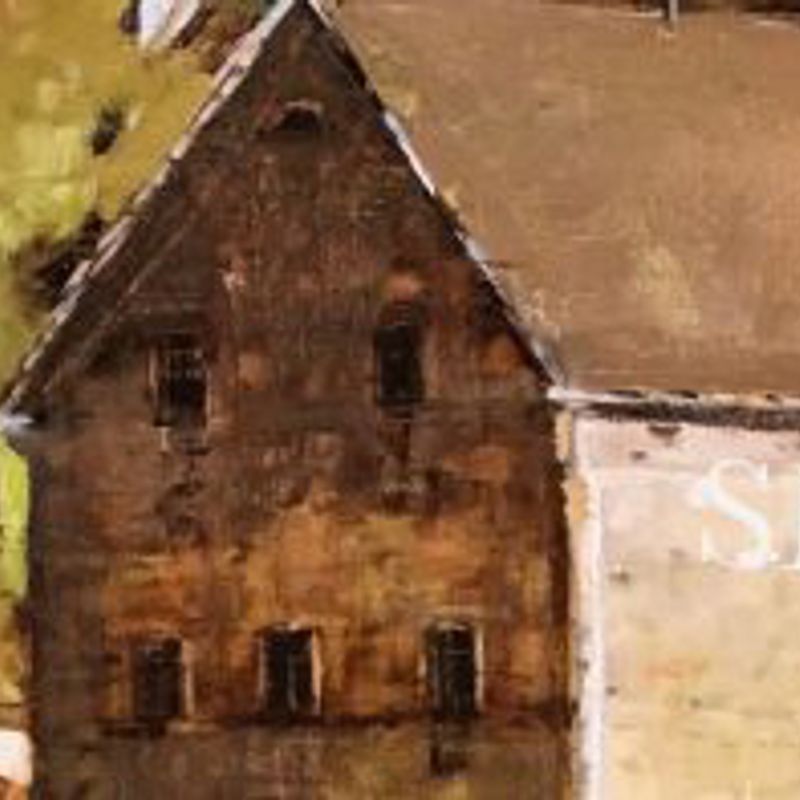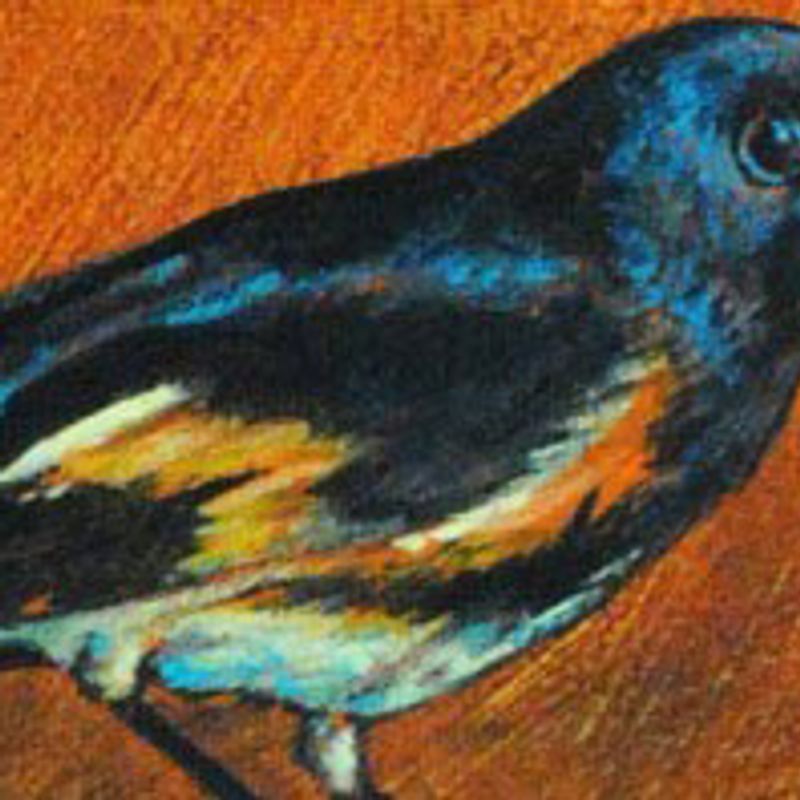Waking by Ron Rash
by Philip BelcherWaking by Ron Rash (Hub City Press, 2011)
Reviewed by Philip Belcher
Since I first read “Under Jocassee” in Ron Rash’s 2002 collection Raising the Dead and followed the speaker’s urging to look beneath my boat and into an Appalachian valley long since flooded, I have understood that this poet is fully awake to his environment and to his heritage.The poems in Waking reinforce that conviction and illustrate that Rash continues to find and relish instances of revelation in the juxtaposition of Appalachian history and landscape.
Although these days Rash is recognized predominately for his fiction (coming soon to a theatre near you), I am glad to see this new collection of poetry, his first in nine years.Readers of the poems in Waking will understand the vast popularity of Rash’s fiction; he is a fine storyteller.Set almost entirely in Western North Carolina, the poems in form and content evoke the struggle of that region’s settlers, including the poet’s ancestors.Rash builds nearly all of the collection around a seven-syllable line.He is not a slave to the syllabic form, but he is more than devoted to it, and the short line generally serves him well.Although I occasionally longed for just one more article, pronoun, or preposition to smooth a terse line, the effect of the form is to emphasize the frugal nature of Rash’s characters, the hardships they endure, their meager expectations, the permeable membrane between them and peril.
Even within their formal economy, however, these poems are made rich through thematic variety and Rash’s facility with arresting imagery.Readers will find that the motif of water is as prevalent as the collection’s underlying theme: the relationship between living and being fully awake.In addition to multiple meditations aided by reference to the Watauga River in northwestern North Carolina, readers are treated to riveting narratives of water’s hazards: a drowned girl whose body cannot be retrieved (“The Girl in the River”), the father who loses his savings while freeing his son from the rapids (“The Wallet”), a trout found alive in a burning tree (“Resonance”), and an infant daughter rescued after a flood leaves her snagged in an oak with her father’s belt buckle on her chest.
Finely wrought images are everywhere in these poems, images that grab the reader by the sleeve and demand another reading.In “Woman Among Lightening: Catawba County Fair, 1962,” the speaker describes a storm, “clouds glowing like blown coals,” and the Ferris wheel “dredging buckets of darkness / out of the sky . . . .”In “When Serpents Came,” Rash places two brothers in a trench in World War I and has them remember rattlesnakes that “flowed down the face of Whiterock / like hellish tears . . . .”The poet challenges the reader’s ability to track the thematic layers of these poems.Among, or should I say beneath, these startling images and engaging narratives, the reader will find Rash summoning his Welsh ancestors in poems like “Genealogy,” “Dylan Thomas,” “Emrys,” and “Rhiannon,” an allusion I last heard from Stevie Nicks and was delighted to find redeemed here.
Rash knits the collection together with syllabics, but that form is inseparable from one of his obvious themes: his ethnic history.Just a little research reveals, for example, that ancient Welsh poetry was often syllabic.By building this volume on the seven syllable line, Rash makes it clear that structure is not a subsidiary concern.He uses a form that might be severe and infuses it with such a rich diversity of thematic currents and images that the vigilant reader will leave the collection with the impression of a place that is lush, of a people and a time that still matter.




